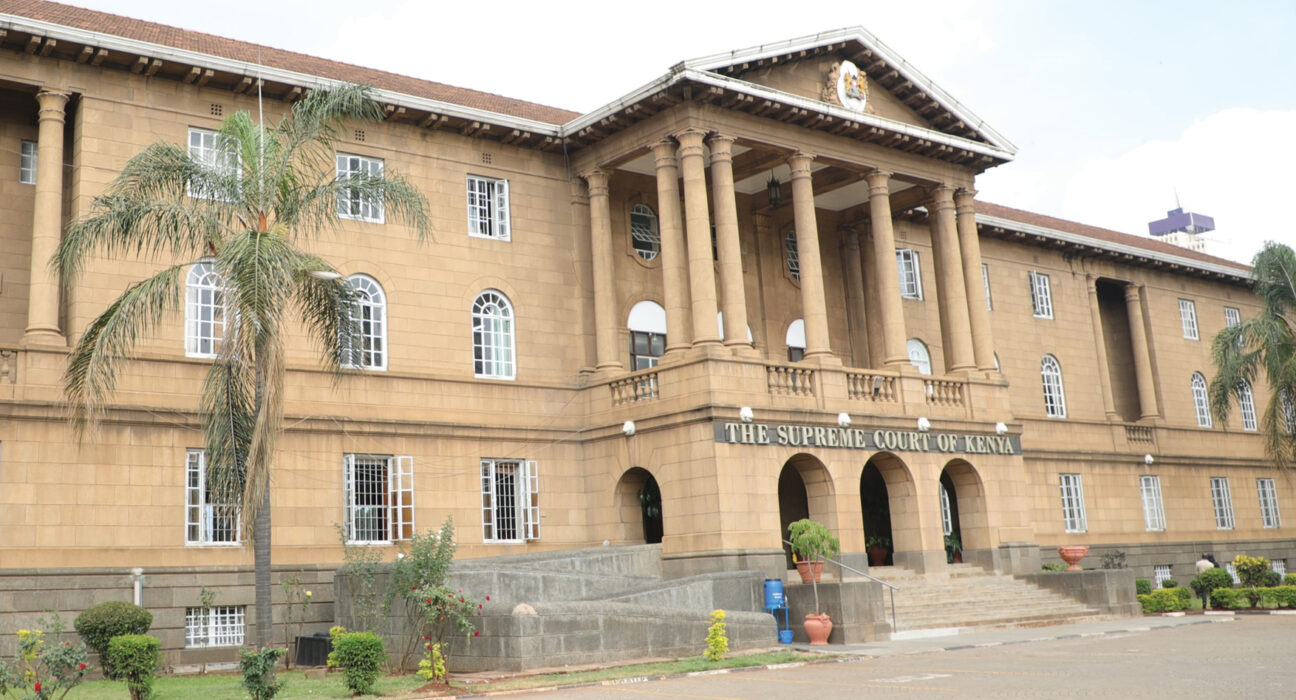On July 31, 2024, the Court of Appeal in the case of National Assembly & Another v Okiya Omtatah Okoiti & 55 Others declared the entire Finance Act, 2023 unconstitutional. The ruling was based on two primary issues:
- The National Assembly did not provide reasons for adopting or rejecting public proposals during the Finance Bill, 2023 public participation process.
- The Appropriation Bill, 2023, and the Appropriation Act, 2023, lacked revenue estimates, rendering the enactment of both the Appropriation Act, 2023 and the Finance Act unconstitutional.
The Court also ruled that the eighteen new provisions introduced in the Finance Bill by the National Assembly after public participation were unconstitutional for bypassing the required constitutional process.
Impacted Taxes
The ruling affects several taxes:
- Pay As You Earn (PAYE): Reverts to the old rates: 10% on the first KES 288,000, 25% on the next KES 100,000, and 30% on all income above KES 388,000.
- Fuel and LPG: Subject to an 8% value-added tax (VAT).
- Other VAT Changes: Locally assembled and manufactured mobile phones, electric motorcycles, bicycles, buses, solar, lithium-ion batteries, and exported services would be subject to VAT at the standard rate of 16%. Exported services in business process outsourcing would be VAT-exempt.
- Electronic Tax Invoicing: No legal basis for mandatory transition or disallowing expenses not supported by an electronic invoice.
- Excise Duty: Increases to 20% on telephone and internet data services and money transfer services by financial institutions; reduces to 12% for money transfer services by cellular phone service providers.
- Miscellaneous Fees and Levies: Import declaration fee rate increases to 3.5%, and railway development levy rate increases to 2%.
- New Taxes: Digital asset tax on cryptocurrencies, repatriation tax on permanent establishments, export and investment promotion levy, and withholding tax on digital content monetization would not apply.
- Corporate Income Tax: Permanent establishments subject to corporate income tax at 37.5%.
- Withholding Tax Due Date: Due on the 20th day of the succeeding month.
- Alcoholic Beverage Manufacturers: Excise duty by licensed manufacturers payable on or before the 20th day of the succeeding month.
Expert Insights
Alex Mathini, Tax Partner at Bowmans Kenya, commented on the judgment’s impact: “We note that the Court held that taxes paid based on the Finance Act should not be refunded due to the presumption of constitutionality of statutes, which holds that statutes are considered constitutional unless a court judgment declares them otherwise. Based on this presumption, exemptions previously enjoyed would not be clawed back.”
Andrew Oduor, Tax Partner at Bowmans Kenya, added: “The Supreme Court has jurisdiction as of right to hear appeals from the Court of Appeal in any case involving the interpretation or application of the Constitution. Therefore, leave to appeal is not required.”
“We understand that the National Treasury has filed a Notice of Appeal and an application for a stay of the Judgment at the Supreme Court. The Supreme Court may issue a stay against the Judgment, allowing for the continued operationalization of the Finance Act pending the hearing and determination of the appeal. However, if a stay order is not granted, the tax laws as they stood before the Finance Act would take effect, and the Finance Act provisions would not be applicable.”





